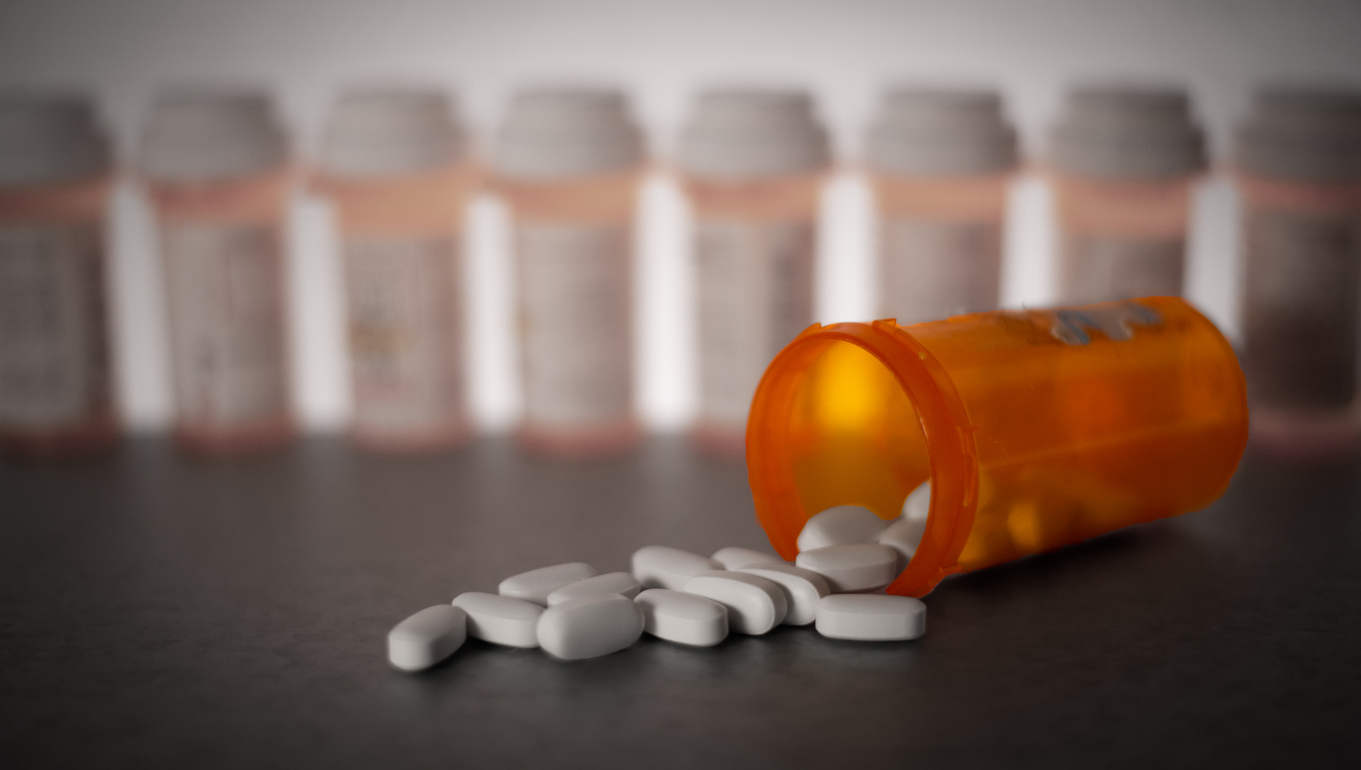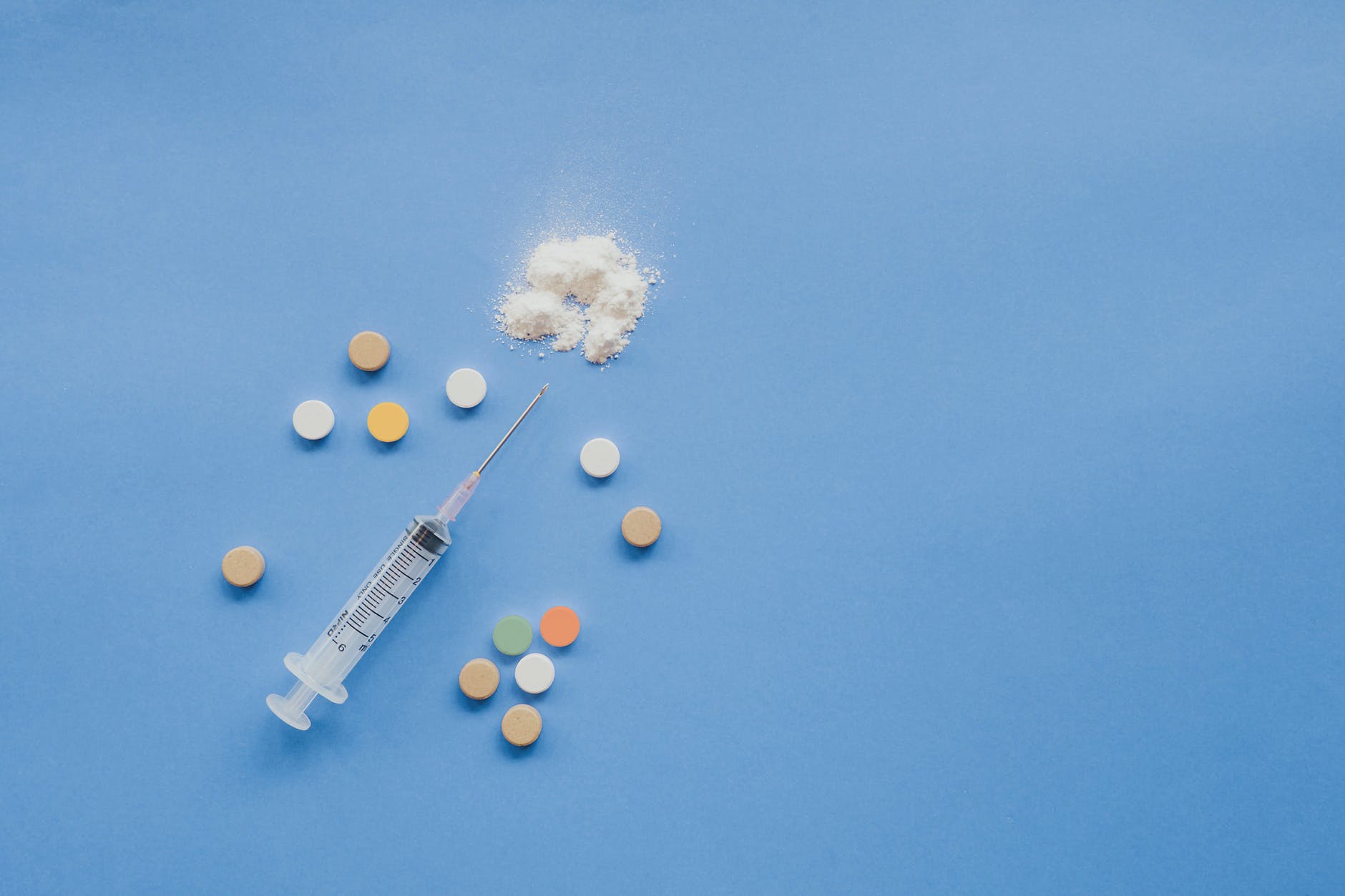Opioids are a dangerous and addictive class of drugs. While their use has many immediate effects on the body, they can also continue to negatively impact one’s physical and mental health long after their initial effects have subsided. These drugs can remain in one’s system, with continued or repeated use furthering the destructive potential of these drugs. However, how long opioids stay in one’s system can be a complicated question, and knowing the various factors involved can help each individual understand the prolonged effects of opioids on their physical and mental health.
Understanding Opioids
Opioids are a common and wide-ranging class of drugs that include both illicit and prescription drugs, as well as both natural and synthetic products. However, there is no opioid use that comes without risk. Even prescribed pain relievers can come with dangerous and addictive side effects. Oxycodone, morphine, Vicodin, and other prescription opioids are used in a medical setting to address intense pains, typically following surgeries or other intense situations. However, they also create an addictive, euphoric effect that can persist after one’s prescription has run out, creating the possibility of “accidental addiction,” even if one was using the drugs as prescribed.
Other common illicit opioids include heroin and the incredibly potent and dangerous fentanyl. Fentanyl itself can be anywhere between 50 to 100 times stronger than typical morphine, and its intense effects and addictive properties make it an incredibly dangerous drug. However, regardless of if one is using opioids recreationally as a result of addiction or as prescribed by a doctor, they can stay in one’s system for prolonged periods of time, continuing to inform one’s physical and mental health.
Factors Involved in Processing Opioids
The body will need time to process and expel the use of opioids. However, how long this takes will depend on a number of factors, and not everyone will process opioids at the same rate.
How much of the drug one uses at any given time can affect how long it takes to fully process. For those struggling with addiction to either prescription or illicit opioids, one’s tolerance can continue to increase, needing more and more of a drug in order to attain its intended effects. This can lead to an individual using excessive amounts of opioids, engaging with the drugs either more frequently, at a greater dosage, or both. However, this also means that opioids will persist in one’s system for longer, even if one does not feel their effects.
The use of other drugs alongside opioids can also inform how long it takes the body to process them, with various other drugs or alcohol all affecting the body’s natural processes and the dangerous effects of all substances involved.
One’s method of administration, age, sex, and weight can all also play a factor, as well as if one has a long history of opioid use. With all of these variables at play, how long opioids will stay in one’s system can vary greatly. However, there can also be further variance in how opioids are detected in one’s system, depending on the method of testing.
Testing for Opioids
There are multiple ways in which one may be tested for opioids, with different tests yielding results during varying timeframes. Common tests include blood tests, urine tests, saliva tests, and hair tests, each able to detect different opioids for various lengths of time since being used.
Blood Testing
Testing one’s blood for traces of opioids is an accurate method, typically reserved for tests that demand an immediate result. Their invasive nature makes them less common for typical testing. Blood tests can accurately determine the presence of heroin up to six hours after use and can detect other opioids like morphine and fentanyl up to 12 hours after use.
Saliva Testing
Testing via one’s saliva can be used to detect the use of opioids with a less invasive method than blood testing. However, it does not detect all opioids equally, and depending on the opioid being used, it can be unreliable. While saliva tests may only yield accurate results when testing for heroin for about five hours after use, they can be useful for detecting the opioid hydrocodone for about a day and morphine and codeine for up to four days after use.
Urine Testing
Testing one’s urine is the most common method of detecting opioid use. Urine tests can detect the byproducts of the body breaking down opioids in one’s system, identifying the use of fentanyl for one to three days after use and the use of heroin for up to a week.
Hair Testing
Signs of opioid use last the longest in one’s hair, with these tests being able to detect one’s use of opioids not just for hours or days after use, but for months. While urine tests can detect the use of fentanyl for a few days after use, signs of fentanyl use can persist in one’s hair for up to three months following one’s last use of the drug.
Other tests are available, such as perspiration testing. However, due to the nature of this testing, it is most commonly used in probation monitoring programs.
Overcoming Opioid Use
Opioids are highly addictive, and their continued presence in one’s body can continue to affect one’s health. However, it is never too late to take one’s first step into detox, and recovery is always possible. Dedicated medical detox programs are instrumental for navigating one’s recovery from opioids while providing physical and emotional support as one’s body and mind become accustomed to a new lifestyle abstinent of these drugs.
Opioids are incredibly addictive, and overcoming an addiction to opioids is a complex and challenging journey. However, it is always possible, and we at Buena Vista Recovery understand the need to address the lingering effects of opioid addiction in your life. We are committed to helping you throughout each stage of your healing, from our dedicated medical detox programs to inpatient and intensive outpatient care, personalizing your unique recovery strategies and coping techniques each step of the way. Our programs are backed by highly trained professionals and like-minded peers, creating a wholly recovery-focused environment to explore your newfound identity and interests in sobriety. For more information on how we can create a program for you, call us at (480) 741-9414.




